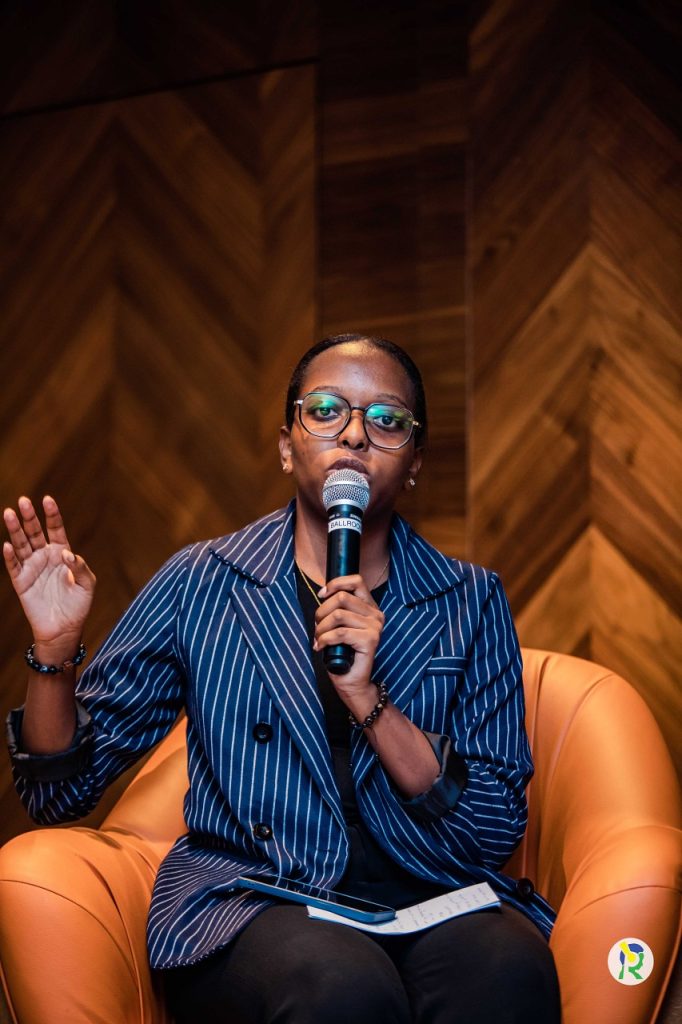The Gender Matter My Agenda Campaign (GIMAC), a coalition of 400 African civil society organizations, feminist activists, and human rights advocates, has issued a powerful call for the immediate ratification and implementation of the African Union Convention on the Ending of Violence Against Women and Girls (AU-CEVAWG). This plea came during a meeting held this week in Addis Ababa, emphasizing the urgent need to prioritize the elimination of violence against women and girls as a central issue in the fight for justice and reparations.
Under the theme “Justice for Africans and people of African descent through reparations,” GIMAC highlighted that addressing gender-based violence must be an integral part of broader reparative justice efforts. The AU-CEVAWG is poised to be a comprehensive continental framework aimed at preventing and eliminating all forms of violence against women and girls, and GIMAC insists that African Union heads of state must finalize the convention by February 2025.
“CEVAWG is a long-awaited, legally binding instrument that establishes clear obligations for member states to prevent, address, and eliminate all forms of violence against women and girls,” GIMAC stated in its announcement. The network condemned the historical and ongoing violations faced by African women and girls, linking these abuses to colonial exploitation, slavery, apartheid, systemic discrimination, economic marginalization, and armed conflict.
GIMAC pointed out that violence against women is systematic and deeply rooted in patriarchal structures, economic exclusion, weak legal frameworks, and harmful cultural norms. The situation has been exacerbated by conflicts, climate change, pandemics, and authoritarian policies that silence women’s voices.
The network expressed outrage over alarming statistics regarding violence against women in Africa. In 2023 alone, Africa recorded the highest intimate partner and family-based murder rate globally, with 21,700 women killed. GIMAC also drew attention to horrific incidents of sexual violence in conflict zones across the continent, including Goma in the Democratic Republic of the Congo, South Sudan, Sudan, Ethiopia, Mozambique, and the Central African Republic.
GIMAC emphasized that eliminating all forms of violence against women is essential for achieving both the African Union’s Agenda 2063 and the United Nations Sustainable Development Goals (SDGs). While acknowledging existing legal instruments such as the Maputo Protocol, GIMAC criticized their implementation as lacking effectiveness. The organization argues that AU-CEVAWG provides a crucial opportunity to impose binding obligations on member states to break the cycle of repression.

